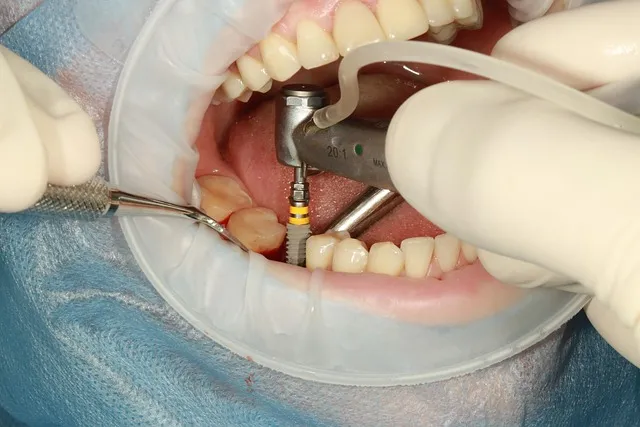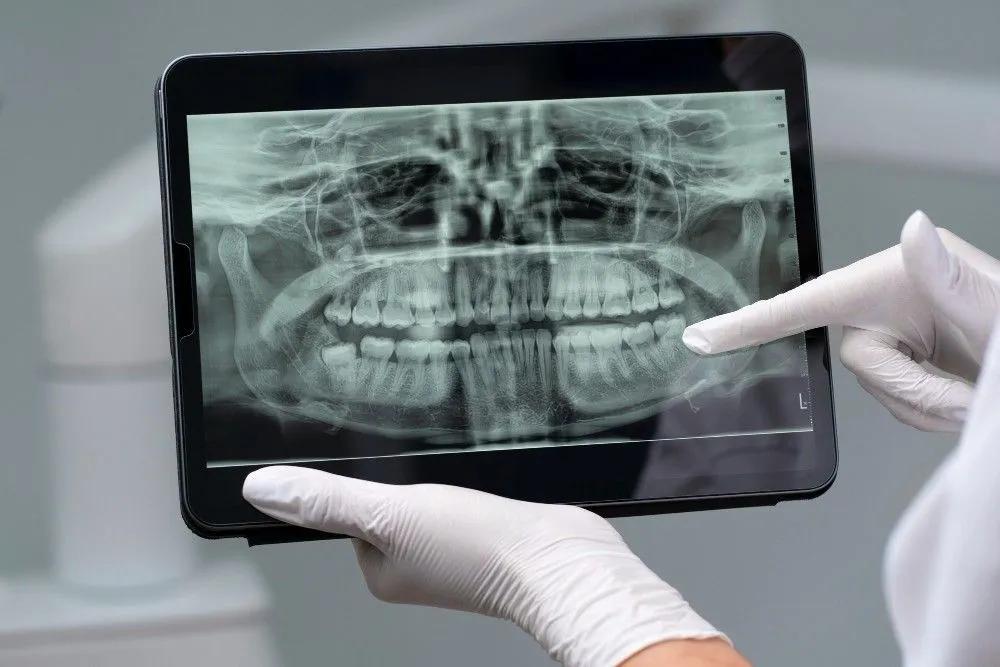Dental emergencies are dental problems that demand immediate treatment. If you have a dental emergency, call Dental Avant Garde right away for advice or treatment options. Regardless of where or when your dental emergency happens, it's essential to recognize the symptoms quickly. Not all dental emergencies are an emergency in the truest sense of the word, but you should always err on the side of caution. For example, a toothache is not life-threatening, but it can be extremely painful, so you may need to seek immediate relief. Anyone experiencing any pain should be checked by a dentist as soon as possible, even if it's something seemingly insignificant. If the pain becomes severe or lasts longer than expected, schedule an appointment with your dentist right away. Some dental emergencies can become painful over time if left untreated, so don't wait to call. Below are some of the most common dental emergencies for which you should seek immediate care.
- Toothache or other oral pain
A toothache is one of the most common dental emergencies. Still, it's not a true emergency unless it's accompanied by a severe abrasion or a deep cavity that has become infected. A toothache can be excruciating and distracting, so it warrants an appointment with a dentist as soon as possible.
- Teeth that have been knocked out
If a tooth is knocked out or avulsed, it's essential to keep the tooth moist and try to put it back in its socket right away. This may not be possible if nerves have been exposed from chewing on the tooth, so don't force it into the socket. If you're able to put the tooth back into its socket, it may very well grow back, but if nerves are exposed, the tooth usually will not repair itself. After putting an avulsed tooth back in its socket, see a dentist immediately.
- Tooth pain after receiving dental treatment
If you experience any pain after receiving dental treatment, call your dental clinic Sunshine immediately to discuss the cause and what steps should be taken next. It's usually nothing serious; however, it's essential to contact your dentist right away to resolve the problem as soon as possible.
- Swollen jaw
If you experience a swollen jaw with pain or difficulty moving your jaw, don't panic. This can be caused by several problems, including impacted teeth, infections or tumours, so you should call your dentist to determine the cause and recommend treatment options for relief.
- Bad breath or unusual taste
Bad breath accompanied by pain is never normal, so contact your dentist immediately to determine the cause of both symptoms. There are many potential causes of bad breath, including digestive problems, infections and tumours.
- Tender or bleeding gums
A sudden case of tender or bleeding gums can signify periodontal disease, an infection that destroys the attachment fibres between teeth and bone. This can be caused by poor dental hygiene or genetics, so contact your dentist right away to address the problem before it becomes more serious.
- Sudden loss of teeth
A sudden tooth loss can be caused by trauma to the face, poor oral hygiene, gum disease or tumours. This is usually just an aesthetic issue that can easily be treated with dental implants or removable bridges, but you'll need to see your dentist figure out the cause and how best to address it. Knowing what might be causing your dental emergency can make it easier for you to prepare for an appointment with your dentist or another oral healthcare provider. In addition, knowing what symptoms are the reason for concern will allow you to act quickly whenever a dental emergency arises.

Reviewed by







